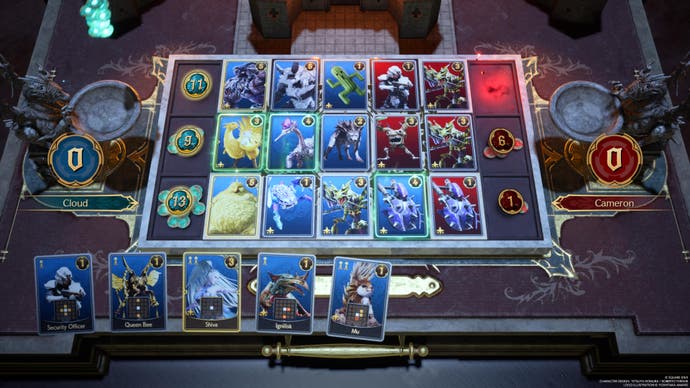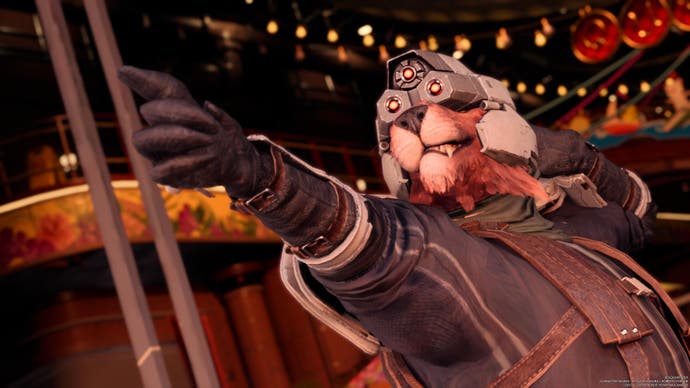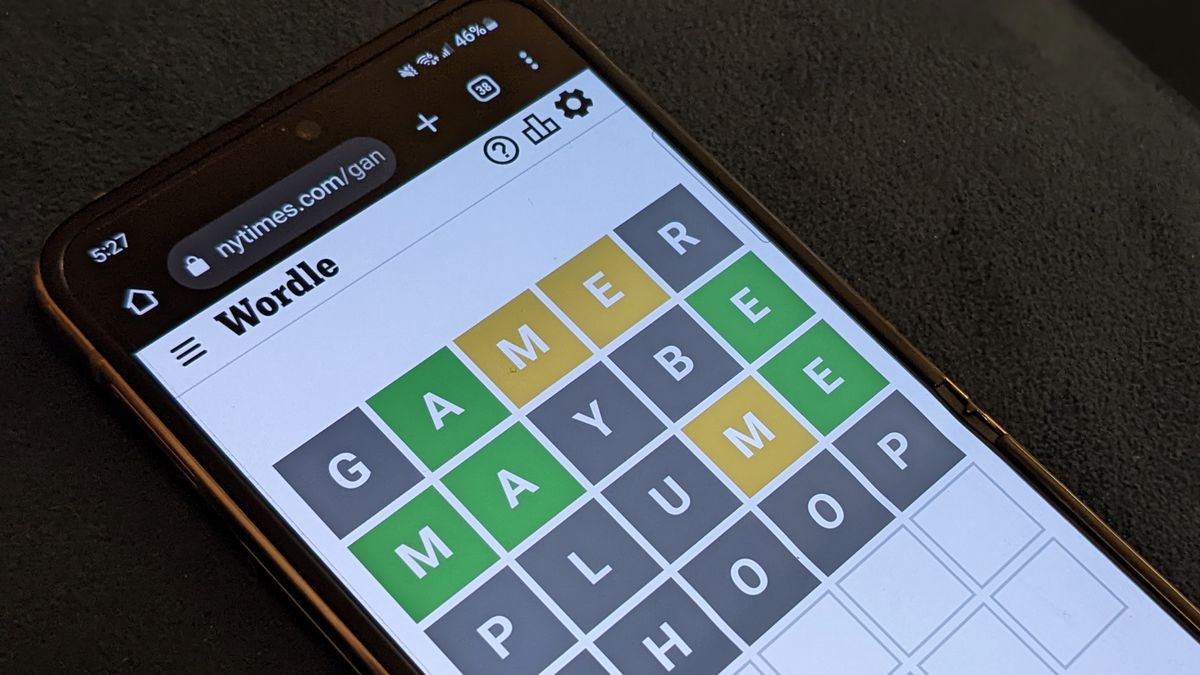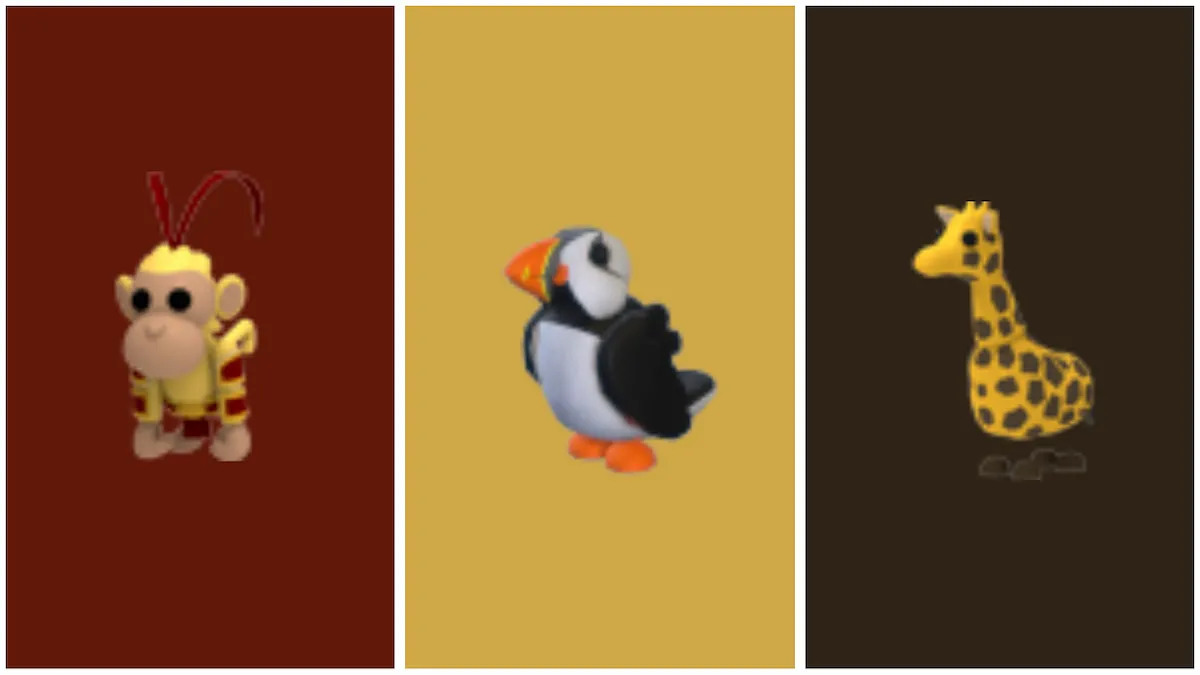I've never really been one for card games, both in and out of video games. Beyond collecting a few Pokémon cards in the school playground, I used to play Gin Rummy with my grandad but he taught me such peculiar Devonshire rules I could never play with anyone else. The odd game of Uno at Christmas is about my limit.
That all changed in 2024 as I've spent a surprising amount of time playing digital card games, mostly on my phone. For many, Balatro has been a revelation this year, turning poker hands into a tense roguelike. It wasn't until its mobile release in September, though, that it truly clicked for me. I've always struggled with poker - in part I have a terrible poker face, but I can also never remember the hierarchy of hands - yet Balatro had me nearly missing my train stop on multiple occasions.
Balatro is one of those simple ideas that just works, but once I found a method of success that easily clicked - unlock the checkered deck and go all in on flushes - and subsequently beat the final blind, I started to lose interest. Then Pokémon TCG Pocket swooped in at just the right time. Its digital cards are beautiful and journeying inside to see what's occurring outside of their borders is a masterstroke. More than anything it seems to have brought out my superstitious tendencies: how many times do I spin the card packs before opening? Which Wonder Pick placement do I select? And if I peel open a pack in a perfect straight line will I be more likely to find a shiny? The initial excitement has worn off, though, as the actual card game is repetitive and I instead simply open packs robotically hoping for anything but another Ponyta.
No, there's another card game that truly caught my attention this year: Queen's Blood. Final Fantasy 7 Rebirth is basically a card game with a world-saving RPG attached as a little side quest. And from the moment I first played it, I knew that was it for me.
Of course, there's a strong tradition of card games in the Final Fantasy series. Final Fantasy 8 had the iconic Triple Triad, later adapted into MMORPG Final Fantasy 14, while Final Fantasy 9 had the inferior Tetra Master. Yet none of these grabbed me in the way Queen's Blood did. Perhaps, with Rebirth being a remake, its core plot was less central to my enjoyment. I was keen, instead, to explore the world, meet its population, and soak up the atmosphere in each of its expanded towns and regions. I was keen, in short, to play Queen's Blood.
It's a simple enough premise. Played on a 3 x 9 board, players duel by laying down cards alternately from opposing sides with the aim of filling it with the highest ranking cards. Cards feature a Tetris-style pattern that dictates where future cards can be placed and I quickly found an easy strategy in placing cards to block opponents.


The game is accompanied by an infectious jazz soundtrack: the gentle lounge piano of card selection making way for a Big Band fanfare as the game properly begins. And as Cloud gets closer to the win, the drums crescendo into an insistent, raucous clatter until victory. Like that music, the game itself builds in complexity as you progress around the world, gaining new cards with strategic abilities. I needed to collect them all, to become the very best, like no one ever was. And not a Ponyta in sight.
You see, Queen's Blood isn't just about taking over the board as quickly as possible, as I had initially suspected. Early games were fun but shallow and I easily won. Later, new cards are added that buff others based on more fiddly Tetris shapes until eventually cards that destroy others are introduced. Suddenly a new layer of strategy opens up as filling the board with the most powerful cards isn't enough when you can not only destroy your opponent's cards to disrupt their assault, but destroy your own to boost others and reveal new spaces. Then deck management becomes more integral, balancing high and low power cards, with cards to buff, de-buff, and destroy. It's like Marvel Snap with Final Fantasy characters.
 Queen's Blood is also an excuse to bring back some recurring characters for a quick game | Image credit: Square Enix / Eurogamer
Queen's Blood is also an excuse to bring back some recurring characters for a quick game | Image credit: Square Enix / Eurogamer
What I particularly enjoy is the puzzle mode - much like the Remake trilogy itself, it's a smart way of reinterpreting the game. Here, instead of a live opponent, you're given specific cards and a set number of moves with which to achieve victory, forcing new thinking. For instance, I distinctly remember being given a set of cards with shapes aiming backwards instead of forwards that had me completely rethinking my tactical charge across the board. And when destroy cards were introduced, I needed to carefully choose targets to maximise power. I spent almost as much time pondering Queen's Blood puzzle strategies as I did the game's convoluted conclusion.
Where Queen's Blood really excels, though, is in fleshing out the world. That, really, is what the Remake trilogy has been all about. Sure, Final Fantasy 7 is a sci-fi mystery of bizarre conspiracies and alien experiments and existential crises, but it's also camp as hell. It's with the Queen's Blood quest that the developers really leaned into that silliness for some levity, right up until its melodramatic finale. Nowhere else do you get to play a card game against, among others: a crybaby grown man in tears before you even begin; a young ventriloquist child who sounds like she has a smoking problem; a steam-powered AI robot; a giant cranky rideable chicken (fine, a chocobo); or even a dog. It's so bizarre, but so in-keeping with the weird spirit and tonal shifts of the original game.
Of all Rebirth's myriad minigames, it's Queen's Blood I keep coming back to. Sure, other card games this year may have clever joker twists and cute critters, but Queen's Blood has the complexity and the ability to reinterpret itself in new ways to ensure its longevity. Besides, it's through a Queen's Blood tournament we get to see over-sized fire-dog Red XIII doing a Michael Jackson impression - what could possibly be better?

 20 hours ago
2
20 hours ago
2









 English (US) ·
English (US) ·